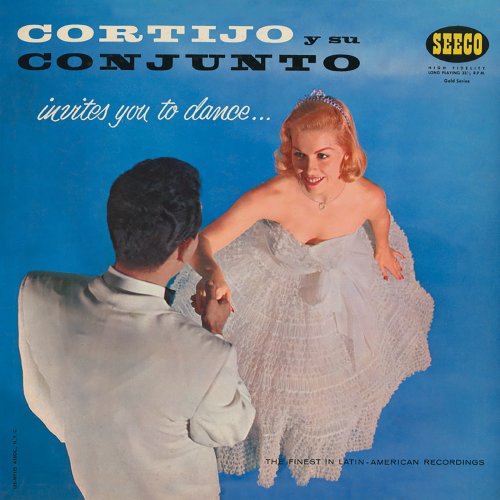Sydney Symphony Orchestra, Edo de Waart - Peter Sculthorpe: Piano Concerto, Music for Japan, Little Nourlangie, The Song Of Tailitnama (1996)
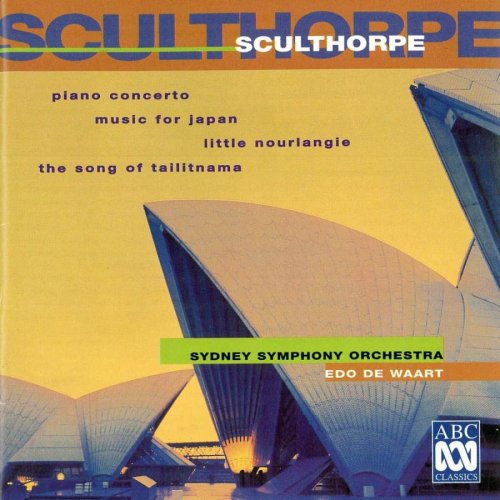
Artist: Sydney Symphony Orchestra, Edo de Waart
Title: Peter Sculthorpe: Piano Concerto, Music for Japan, Little Nourlangie, The Song Of Tailitnama
Year Of Release: 1996
Label: ABC Classics
Genre: Classical
Quality: FLAC (image+.cue,log,scans)
Total Time: 52:29
Total Size: 243 Mb
WebSite: Album Preview
Tracklist: Title: Peter Sculthorpe: Piano Concerto, Music for Japan, Little Nourlangie, The Song Of Tailitnama
Year Of Release: 1996
Label: ABC Classics
Genre: Classical
Quality: FLAC (image+.cue,log,scans)
Total Time: 52:29
Total Size: 243 Mb
WebSite: Album Preview
1 Little Nourlangie (1990)
2 Music For Japan (1970)
3-7 Piano Concerto (1983)
8 The Song Of Tailitnama (1974)
Performers:
Conductor – Edo de Waart
Didgeridoo – Mark Atkins
Mezzo-soprano Vocals – Kirsti Harms
Orchestra – The Sydney Symphony Orchestra
Organ – David Drury
Piano – Tamara Anna
Listening to Sculthorpe's music is quite an experience. It's as if the music takes you to another part of the world. The sonorites are unlike anything I've heard in anyone else's work. Sculthorpe's compositions are truly unique. The music is primal, flowing, intense, mysterious and intriguing. It's as if the music evokes some kind of call to the naturalistic side of mankind. This recording has several great pieces on it that are unlike any other music I've ever heard.
The disc opens with Earth Cry, a dialogue between a digeridoo soloist and a full orchestra. It is somewhat reminicient of a tribal dance. The music depicts a cry of nature. It's wild, even somewhat animalistic. The orchestra screams with bombastic, dissonant chords, and the digeridoo imitates the sounds of many wild animals. Earth Cry is a very intense experience.
Following Earth Cry, we have Memento Mori. Sculthorpe makes use of the low strings with this piece. There is a lot of mystery in the opening passages, but soon we encounter flowing music. There are some beautiful melodies played by the strings. The piece slowly picks up in tension and volume. The lush chords wash over the listener. The multiple textures throughout the orchestra are countless. The piece just unfolds. It doesn't exactly build or anything. That's the beauty of it. It just happens.
Sculthorpe's epic piano concerto is unlike any other piano concerto I've ever heard. The music is very mysterious and looming, foreshadowing the chaos and rampage that follow. The harmonic sounds in the piece are quite unusual, but accesable. It's a constant shift between the dualities of dissonance and consonance. What I like most about Sculthorpe's piano concerto is that it's not as much about the technical virtuosity of the solo, but that the soloist and the orchestra work together to paint an incredible picture. Sometimes, the soloist acts as a tinkling acompaniment to another orchestral instrument with a whining melody. The concerto is performed in one massive movement and there is plenty of room for artistic flair from the soloist. The piece builds to a resonant climax and sends the listener into Nirvana.
Following the piano concerto is "From Oceania." This piece tends to make very good use of the sections of the orchestra that fade into the woodwork much of the time. Sculthorpe features the Low Brass and Percussion sections to create a piece of exciting rhythms and incredible tension. Sculthorpe grabs other instruments to make many interesting sounds like screaming high violins and strident pitch-bending reeds. This piece is probably the most abstract of all the pieces on this album, so traditionalists beware.
The disc closes with "Kakadu," a piece that opens with an exciting rhythmic pulse but later falls in to holes of vast, empty space in the orchestra. The piece alternates between the harsh, tense sonorites and victorious, celebratory passages. There is also a beautiful and tremendously exposed oboe solo, not to mention a chorus of bird calls from the high strings.
Sculthorpe's music is especially unique. I'm not sure that I have used adequate words to describe it here. The only way you can know for sure how this music will affect you is to experience it for yourself.
The disc opens with Earth Cry, a dialogue between a digeridoo soloist and a full orchestra. It is somewhat reminicient of a tribal dance. The music depicts a cry of nature. It's wild, even somewhat animalistic. The orchestra screams with bombastic, dissonant chords, and the digeridoo imitates the sounds of many wild animals. Earth Cry is a very intense experience.
Following Earth Cry, we have Memento Mori. Sculthorpe makes use of the low strings with this piece. There is a lot of mystery in the opening passages, but soon we encounter flowing music. There are some beautiful melodies played by the strings. The piece slowly picks up in tension and volume. The lush chords wash over the listener. The multiple textures throughout the orchestra are countless. The piece just unfolds. It doesn't exactly build or anything. That's the beauty of it. It just happens.
Sculthorpe's epic piano concerto is unlike any other piano concerto I've ever heard. The music is very mysterious and looming, foreshadowing the chaos and rampage that follow. The harmonic sounds in the piece are quite unusual, but accesable. It's a constant shift between the dualities of dissonance and consonance. What I like most about Sculthorpe's piano concerto is that it's not as much about the technical virtuosity of the solo, but that the soloist and the orchestra work together to paint an incredible picture. Sometimes, the soloist acts as a tinkling acompaniment to another orchestral instrument with a whining melody. The concerto is performed in one massive movement and there is plenty of room for artistic flair from the soloist. The piece builds to a resonant climax and sends the listener into Nirvana.
Following the piano concerto is "From Oceania." This piece tends to make very good use of the sections of the orchestra that fade into the woodwork much of the time. Sculthorpe features the Low Brass and Percussion sections to create a piece of exciting rhythms and incredible tension. Sculthorpe grabs other instruments to make many interesting sounds like screaming high violins and strident pitch-bending reeds. This piece is probably the most abstract of all the pieces on this album, so traditionalists beware.
The disc closes with "Kakadu," a piece that opens with an exciting rhythmic pulse but later falls in to holes of vast, empty space in the orchestra. The piece alternates between the harsh, tense sonorites and victorious, celebratory passages. There is also a beautiful and tremendously exposed oboe solo, not to mention a chorus of bird calls from the high strings.
Sculthorpe's music is especially unique. I'm not sure that I have used adequate words to describe it here. The only way you can know for sure how this music will affect you is to experience it for yourself.
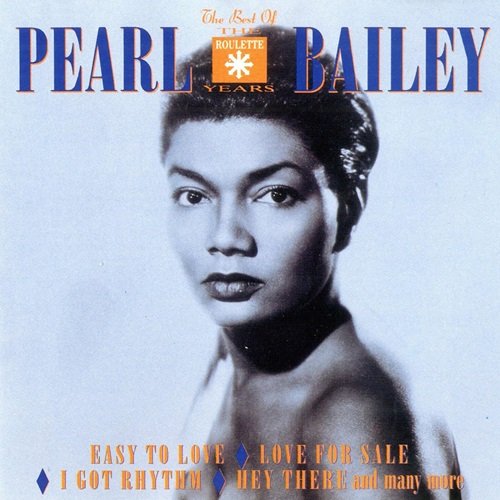
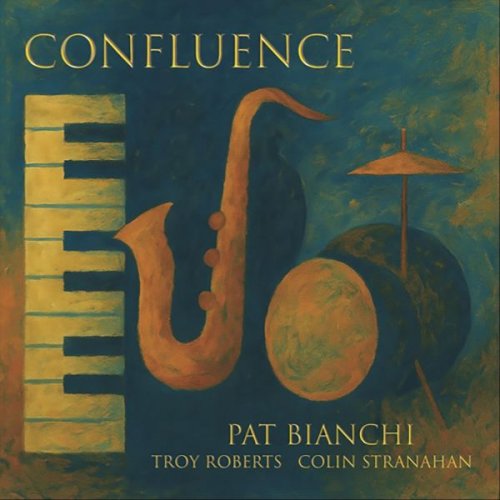

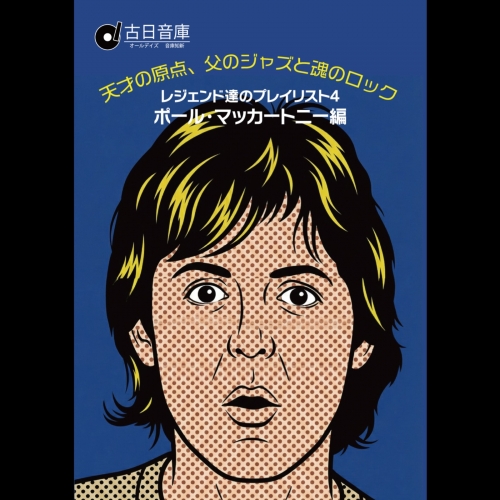
![Joachim Lyche - Primal Heuristics (2026) [Hi-Res] Joachim Lyche - Primal Heuristics (2026) [Hi-Res]](https://www.dibpic.com/uploads/posts/2026-03/1772436217_cff801v4shrqy_600.jpg)
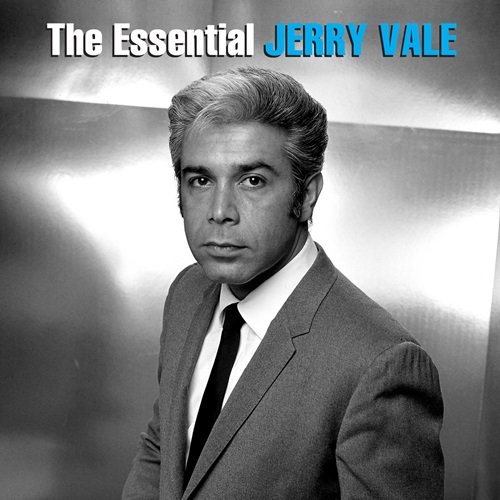
![The Cosmic Tones Research Trio - Live at Public Records (Live) (2026) [Hi-Res] The Cosmic Tones Research Trio - Live at Public Records (Live) (2026) [Hi-Res]](https://img.israbox.com/img/2026-03/04/485z12vap32l1wvonjqhl0gyw.jpg)
